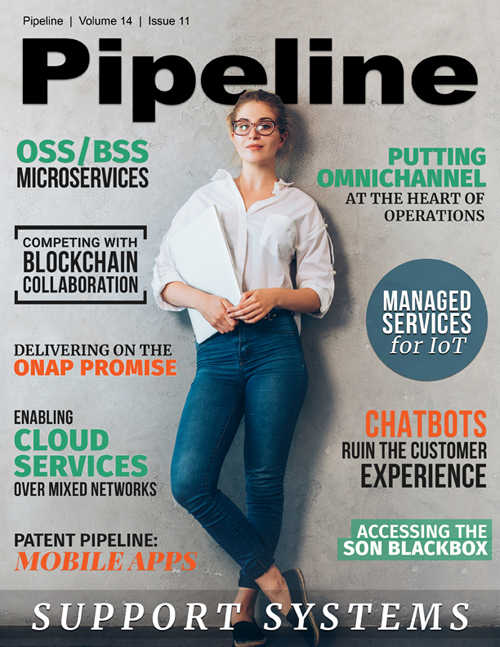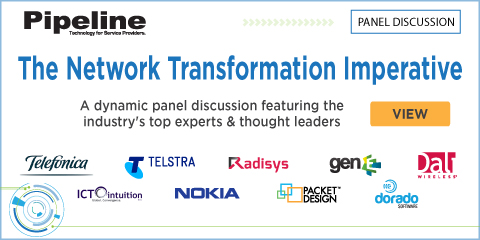Competing with Blockchain Collaboration
Blockchain innovation
An innovative new technology that can address some of the telcos' biggest challenges is blockchain. A blockchain is a decentralized, distributed and public or private digital ledger that is used to record transactions across many computers so that the record cannot be altered retroactively without the alteration of all subsequent blocks and the collusion of the network. But despite the many potential applications for blockchain, its adoption and innovation has been limited, and service providers are only just scratching the surface.
PCCW and Colt recently demonstrated how blockchain could be used for inter-carrier settlement of wholesale international services. This innovative new approach reduced hundreds of man hours per month to under one minute. But, despite its promise, only 1 percent of organizations are using blockchain in a test environment today, according to Gartner’s 2018 CIO survey.
Service providers are being forced to collaborate with other service providers, OTT competitors, and webscale companies to gain agility, efficiency, and foster innovation. But they must do this securely, efficiently, and so that they can accurately bill for proprietary network usages, services, and even network functions. These areas are just a few possibilities in which blockchain technology could play a vital role.
The new digital economy and transformation drivers make cross-company and multi-domain collaboration a necessity. New business models leveraging the collective strength of the network, cloud, functions, applications, and services are creating a demand for a new solution that provides greater agility. At the same time, these models require greater security, automation, and accuracy – and must be billed for across complex ecosystems. Harnessing the power of blockchain can be a significant enabler of innovation in this new and highly disruptive environment.
Blockchain fosters innovation through open collaboration. Blockchain makes AI, OSS, and Big Data better, by allowing aggregating of dispersed data sources into much more meaningful data lakes so they can be better leveraged and better consumed by other technologies, applications, and platforms.
The dawn of a new day
The fundamental philosophy of telecom has to change radically. We must move away from closed “Apple-like” systems to an open-ecosystem telecom environment. Open telecom has to be built based on partnerships between today's competitors in such a way that they keep their competitive edges and original service portfolios—and yet are able to have access to resources when and if needed. Open telecom requires collaboration, billing and customer care across multiple domains. Service providers will have to rely on IT like never before, and their DNA will need to change over time. They will have to leverage all the tools in their toolbox, and not only open source but also COTS products that can harness new technologies and foster innovation.
Blockchain as already demonstrated in the PCCW and Colt case can be used for inter-carrier settlements. But blockchain is much more than that. Blockchain can create new ecosystems across carriers well beyond settlement. The potential is virtually untapped, and now is the time start thinking about how your organization can better compete with blockchain.





















